Some of America’s most well-known companies look like domestic icons on the outside, but the ownership story is far more global than it seems. These deals weren’t always obvious, but they reshaped who makes the decisions, even if the brand stayed the same.
Here are some big names in the U.S. that work under Chinese ownership, even though their storefronts still feel local.
Smithfield Foods

In 2013, WH Group, a major pork producer in China, acquired one of America’s largest meat companies in a $4.7 billion deal. The transaction included more than 146,000 acres of farmland across the United States. Though operations remain in Virginia, Smithfield Foods now reports profits and strategic decisions through its Chinese parent company.
AMC Theatres
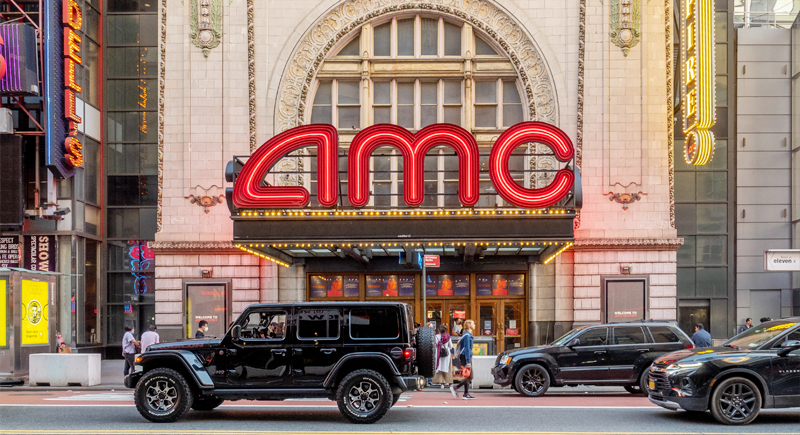
Dalian Wanda Group bought AMC Theatres and soon began reshaping its strategy, steering it toward premium seating, expanded concessions, and global ambitions. The company then added Carmike Cinemas under the same ownership umbrella. Moviegoers noticed refreshed auditoriums and newer amenities that aimed to improve experiences without losing the AMC identity.
GE Appliances
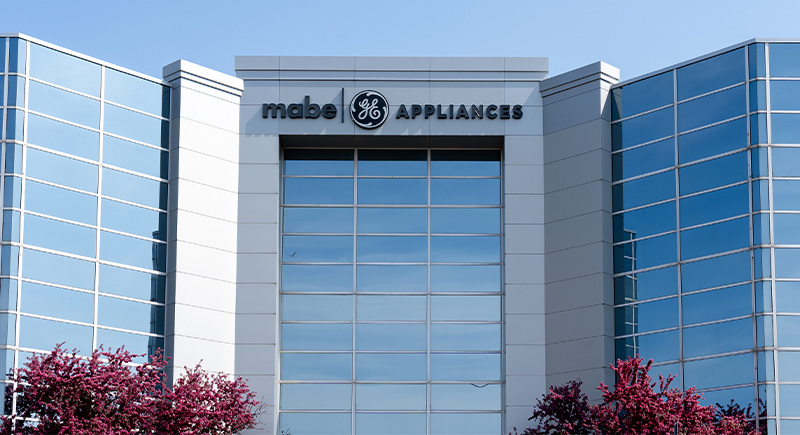
The brand, known for refrigerators, ovens, and washers, became a staple in American homes. Its operations and headquarters stayed in Kentucky through decades of innovation and expansion. In 2016, this long-standing business unit, now known as GE Appliances, was acquired by Haier Group for $5.4 billion.
Motorola Mobility
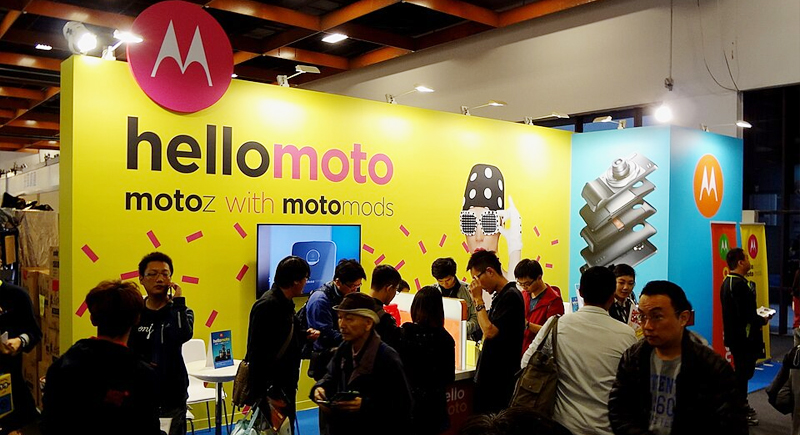
Motorola’s flip phones once set the standard for mobile design in the U.S., but the company struggled as smartphones took over. Google picked up Motorola Mobility, hoping to revive its fortunes, but sold the division to Lenovo for just under $3 billion in 2014. That deal handed Lenovo the Motorola name, a batch of patents, and a foothold in the crowded smartphone market.
Legendary Entertainment
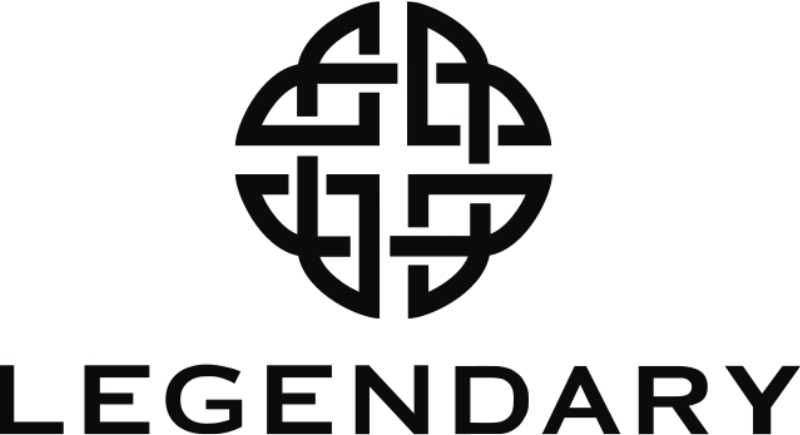
Many people grew up watching movies backed by this studio. Titles like Jurassic World, Pacific Rim, and The Dark Knight shaped entire box office eras. Legendary Entertainment became a major name in Hollywood long before it caught the attention of foreign investors. Dalian Wanda Group eventually became the owner of the studio, all for the price of $3.5 billion.
The Waldorf Astoria
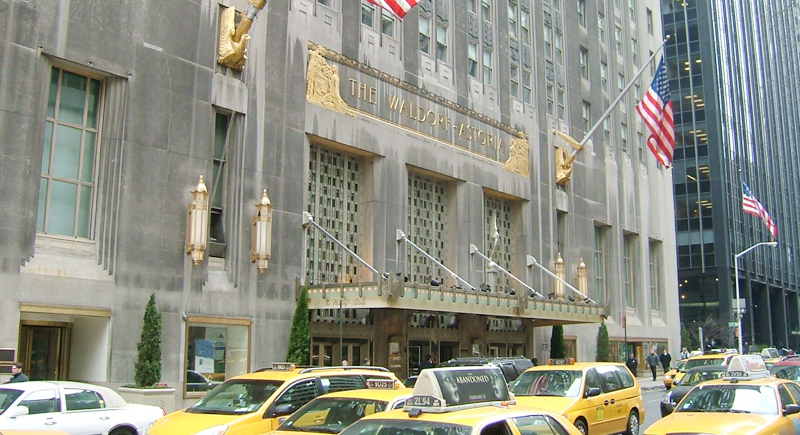
Anbang Insurance Group, a company few Americans had heard of, bought the Waldorf Astoria in 2014 for $1.95 billion—a record price for a hotel in Manhattan at the time. Even after the sale, the Waldorf kept its name and reputation, still recognized as one of New York’s classic hotels.
Nexteer Automotive
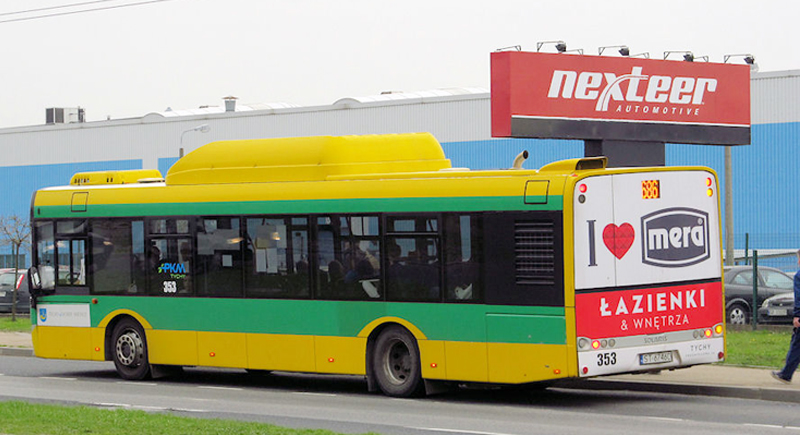
It’s entirely possible that the steering system in your car came from Nexteer, a key supplier to major U.S. automakers. In 2010, a subsidiary of China’s AVIC—a state-owned aerospace and defense firm—gained control of the company. Nexteer still builds parts in the U.S., but its Chinese ownership has raised concerns in Washington about foreign ownership in critical areas of the auto industry.
Strategic Hotels & Resorts
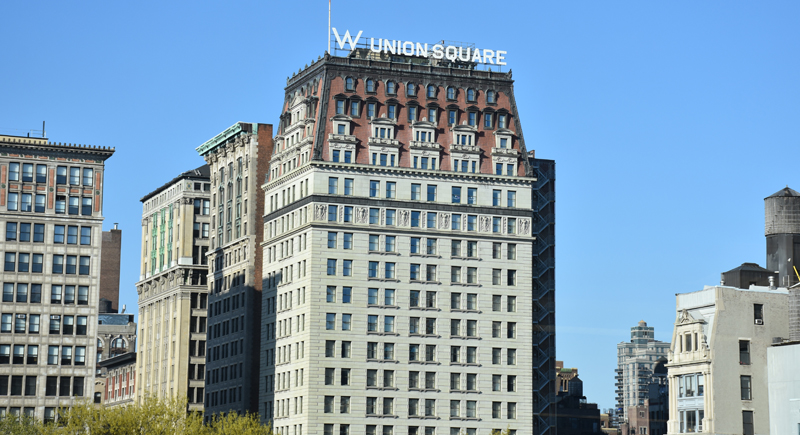
Strategic Hotels & Resorts owned a collection of luxury properties in major U.S. cities and resort destinations. Anbang Insurance bought the company in 2016, but the deal didn’t mean smooth sailing. Chinese authorities soon cracked down on foreign investments and took control of Anbang’s assets, including these hotels. The properties remained open, but ownership shifted from private hands to China’s government.
Cirrus Aircraft
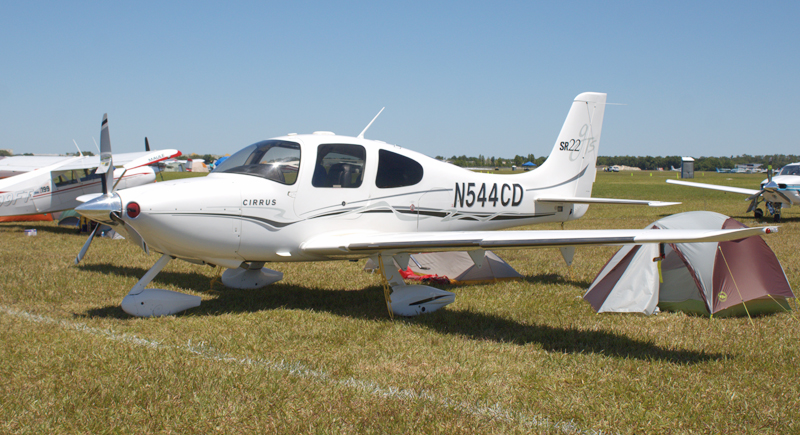
This aviation startup, founded in the 1980s, set out to make flying safer and more accessible by focusing on sleek design and whole-plane parachute systems. It built a strong reputation in general aviation. By 2011, that success drew international interest, and Chinese aerospace firm AVIC took over Cirrus Aircraft as part of its move into the U.S. market.
Henniges Automotive
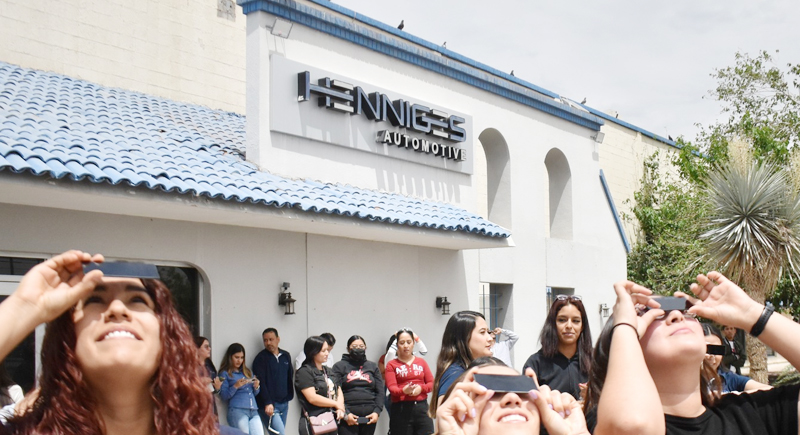
AVIC joined with BHR Partners to acquire a U.S. manufacturer known for its work on defense-related materials. The move immediately drew attention in Washington, where officials flagged concerns about foreign involvement in sensitive industries. For customers, nothing changed on the surface; products still shipped, and plants still functioned domestically.
Riot Games
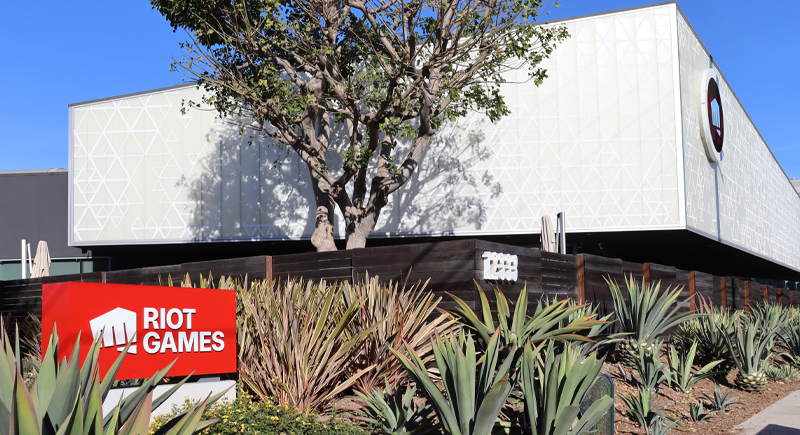
We’ve spent countless hours playing League of Legends, watching tournaments, and following pro teams. The game became a massive cultural force, especially among younger gamers. Behind its success is Riot Games, based in Los Angeles and once an independent studio. That changed when Chinese tech giant Tencent obtained full control, after holding a majority stake since 2011.
Karma Automotive
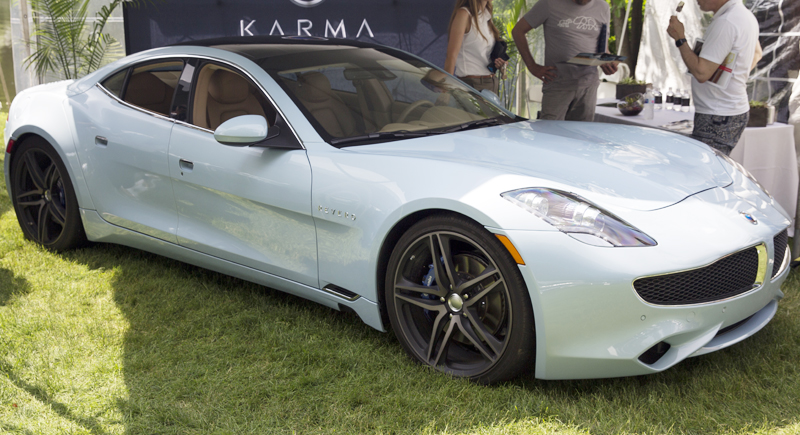
This electric car venture began as Fisker Automotive, which promised sleek, luxury EVs but went bankrupt after financial and technical setbacks. Soon after, Chinese auto parts giant Wanxiang Group stepped in and gave the project a second life. Rebranded as Karma Automotive, the company now builds high-end electric vehicles in California.
Hytera Communications
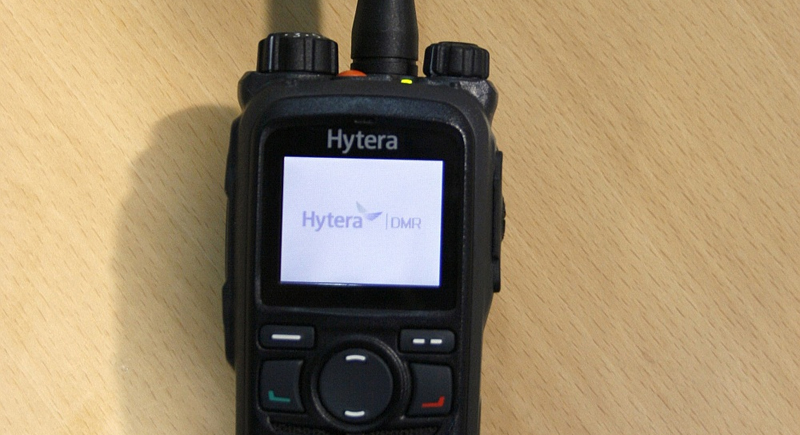
Federal prosecutors charged Chinese tech company Hytera with conspiring to steal trade secrets from Motorola Solutions, triggering a high-profile legal battle. While Hytera still runs in the U.S., the case placed it under intense regulatory and political scrutiny, especially given its links to China’s state-supported technology sector.
Inspur Group
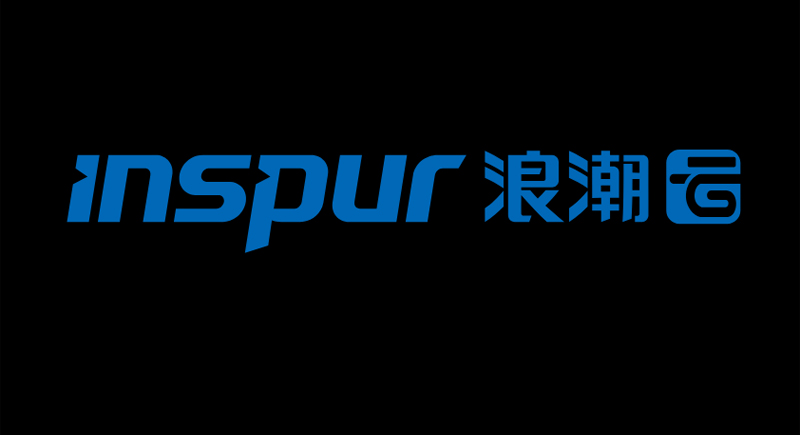
While not widely recognized by consumers, Inspur contributes to systems used in businesses and institutions, which has kept attention on its day-to-day tasks and partnerships across multiple countries, including those with sensitive applications. Its growing presence in American tech supply chains drew concern and, U.S. government placed Inspur on a trade blacklist due to ties with China’s military-industrial complex.
Terrafugia
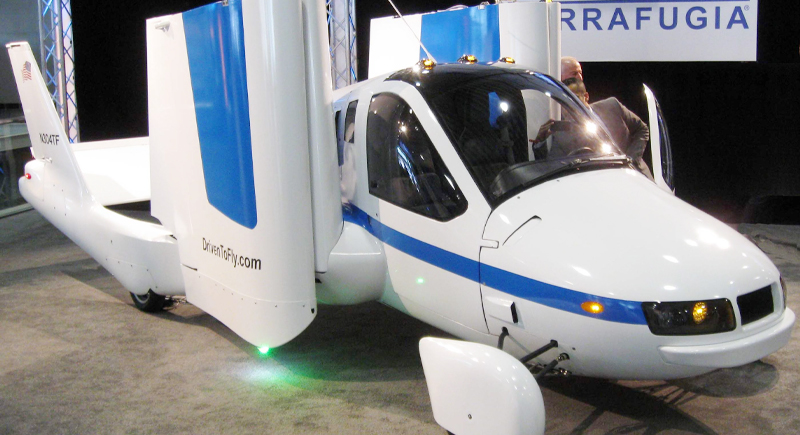
Terrafugia began in Massachusetts in 2006 with a simple but ambitious idea: create a car that could fly. Early designs got plenty of media attention and caught the eye of Geely, the Chinese automotive group best known for owning Volvo. Geely bought Terrafugia in 2017. The company still does its engineering work in the U.S., but its long-term direction is now set in China.